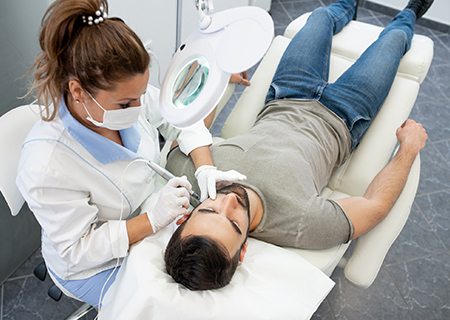Open and Closed Rhinoplasty: What You Need to Know
If you are thinking about having rhinoplasty surgery, you should know that open and closed rhinoplasty do have several differences. Being aware of these differences is important because it will help you and your nose surgeon choose the best procedure. Let's take a quick look at the differences between the two procedures and tips for choosing the best one.

Things to Know about Rhinoplasty
Nose surgery is very common. In fact, it is one of the most preferred cosmetic surgeries and is popular all around the globe. In a survey conducted and released by the International Society of Aesthetic Plastic Surgery, of all surgeries recorded, rhinoplasty accounted for more than eight percent of the total of cosmetic surgeries. This survey also indicated that the most rhinoplasty surgeries were conducted in Brazil with the U.S. being third on the list.
When a closed rhinoplasty is performed, nose surgeons will position parallel incisions in a way that they have access to the nostril's underlying bone structure. The incisions are placed in a manner that they envelop half of the nostril lining. Because the incision is made inside the nostril, it cannot be seen. Furthermore, this procedure tends to have a shorter recovery period than an open rhinoplasty procedure because it is less invasive.
Unlike closed rhinoplasty, an open procedure uses a 'bridging' incision -- also known as a trans-columellar incision -- which connects the incisions made inside the nose within both the left and right nostril. An open procedure provides a nose surgeon with the best access to the underlying nasal structure because he or she can fold back the nasal skin.
There are three primary cons to open rhinoplasty:
- the procedure takes longer
- it is more invasive
- there’s a longer healing period
On the other hand, though, the improved accuracy of open rhinoplasty and the access that it provides to the underlying nasal bone structure usually leads to better overall results. Even though there is a slight risk that a small amount of scarring may take place, you will likely be more pleased with the final outcome.
The Take Away
Understanding open and closed rhinoplasty is key to choosing between which procedure will work best for you and your preferences. It is of course important, however, that you always consult a qualified nose surgeon to receive key insight as to which option will provide the results you are looking to achieve.

















